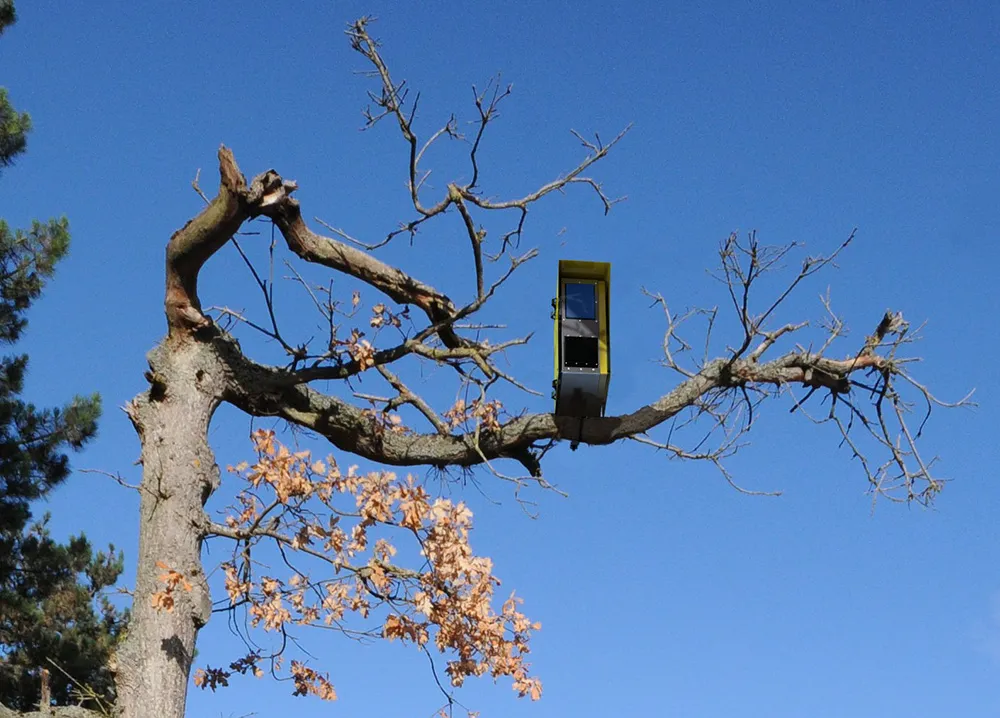California-based Vigilant Solutions (Vigilant) has launched a license plate-enabled parking (LEP) enforcement solution that uses vehicle location data to assist parking agencies and municipal parking units in enforcing policies and collecting outstanding fines.
The platform is coupled with the company’s commercial data network to help parking enforcement work more efficiently with local police officers to address violations involving on-street and off-street lots.
Vigiliant’s LEP device is said to offer access to open application programming interface architecture that integrates with pay station and gated parking vendors. It confirms which vehicles have been paid for and alerts officers when offending vehicles are identified. In addition, the product offers permit-only parking management with mobile license plate recognition (LPR) cameras, in-vehicle CarDetector mobile software and Vigilant’s web-based client portal. An LPR-equipped vehicle detects license plates that are not permitted and sends an alert to enforcement officers. The product is also said to enable in-vehicle software to manage hotlist and whitelist uploads to allow enforcement officers to set and manage zones from the field.
Additionally, Vigilant’s commercial data network and LPR solution intends to enable agencies to locate repeat offenders through a hotlist of offending vehicles. The data is accessible by authorised personnel who can search through records to identify the best place to locate a vehicle that is eligible for booting or towing to collect fines.
Shawn Smith, president and founder of Vigilant, said: "Vigilant has long been recognized as the leader in LPR data for law enforcement and partnering with parking agencies to aid in recovering revenue and enforcing policies is a natural progression of our mission. LEP enforcement equips parking agencies with a powerful tool that allows them to locate those who are in violation of policies. The financial impact of unpaid fines can result in millions of dollars lost to municipalities. Our solution ensures violations are resolved in the most efficient and effective manner for the municipality."
Vigilant launch LEP solution to help parking agencies collect fines
California-based Vigilant Solutions (Vigilant) has launched a license plate-enabled parking (LEP) enforcement solution that uses vehicle location data to assist parking agencies and municipal parking units in enforcing policies and collecting outstanding fines. The platform is coupled with the company’s commercial data network to help parking enforcement work more efficiently with local police officers to address violations involving on-street and off-street lots. Vigiliant’s LEP device is said to offer
March 27, 2018
Read time: 2 mins










